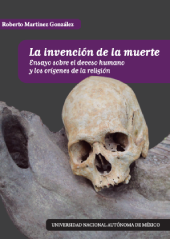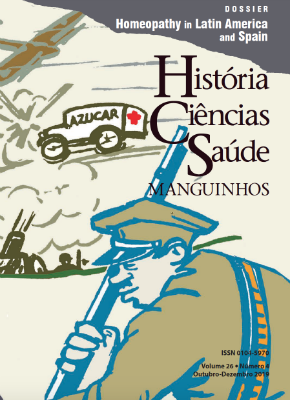April, 2016
The new issue of HCS – Manguinhos, presents articles about the biomedicalization of bodies in Brazil from an anthropological perspective. With studies ranging from abortion experiences in a public hospital in the Northeast Brazil to the story of the longest confined women in a Brazilian forensic hospital, this special issue brings together different perspectives on technical-scientific interventions in diagnostics, treatments and practices. These all results in transformations in the body, and in people’s lives.
This issue begins with an article discussing the dual use of misoprostol in Brazil. The drug is illegally used by women as an abortifacient and legally used in hospital wards. The author traces the “conversion” of misoprostol from a drug to treat ulcers to a self-administered abortifacient in Latin America.
Midwifery is the subject of four other articles. One of them points out that the spread of the (bio) medicalization phenomenon varies according to the social status of the assisted women, producing completely different effects on the fetal body and on the pregnant women according to the socioeconomic class to which they belong.
Another article analyses the Obsterícia, by Jorge de Rezende, which discusses the development of caesarean techniques in Brazil in the 20th century. This issue also includes an ethnographic fieldwork made with families dealing with the sick cell disease in Salvador, Bahia.
Also in Salvador, a study addresses the hospital experiences of women who had miscarriages or induced abortions, also presenting the views of health professionals. This issue of HCS-Manguinhos presents three more articles: a study examining how cancer genetics has emerged as a focus for research and healthcare in Cuba and Brazil; an ethnographic study in southern Brazil, focusing on teenagers, exploring the pharmaceutical use by therapists, and a text about Josefa de Alagoas, popularly known as Zefinha, the longest female inhabitant surviving the penal and psychiatric regime in Brazil.
The Sources section of this issue features two articles. The first one discusses the legal battle of parents for the access to expensive drugs for their their children. The second one deals with plastic surgery and hormonal therapies in Brazil. Finally, this edition also includes an interview with Charles Rosenberg – one of the most important historians of medicine in the United States-, in which he talks about his field of research, theory, health insurance and psychiatry.









